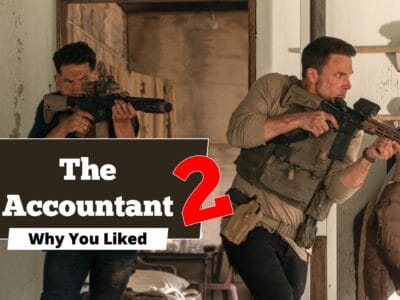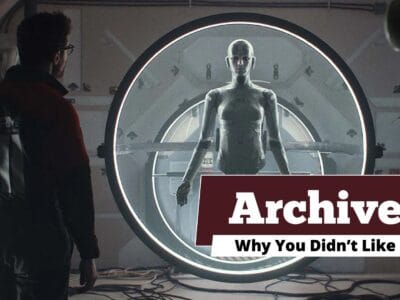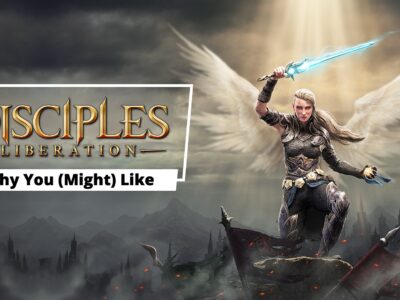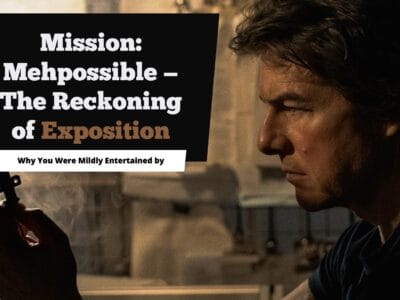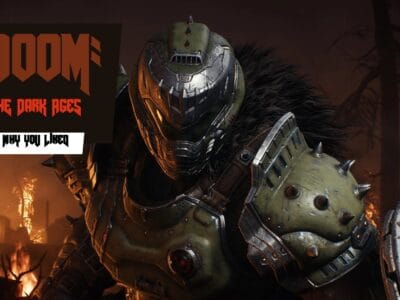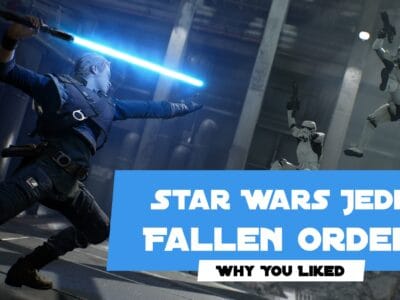
Why You Liked … Ballerina
With John Wick ready for retirement (his knees have voted), Ballerina arrives not as a simple spinoff, but as a necessary passing of the torch. Ana de Armas’s Eve brings the franchise back to the personal, gritty stakes that made it a hit, shedding the convoluted lore of later chapters. She fights with a clever viciousness that’s all her own, driven by a furious desire to get IN, not out. This is a triumphant return to what makes this world great: getting both mad and even. Read More …
